
Noah Zatz is Professor of Law at the University of California, Los Angeles.
This is part one of a two-part series.
Two weeks ago, the University of California (UC) hit the forum-shopping jackpot when it persuaded a state trial judge to do what California’s public sector labor board had twice refused: enjoin UAW Local 4811’s unfair labor practice (ULP) strike arising from the UC’s violent suppression of Palestine Solidarity Encampments at UCLA, UC San Diego, and UC Irvine. Members of the UAW, which primarily represents graduate students employed in instruction or research, participated in the encampments alongside the undergraduate-led Students for Justice in Palestine and UC Divest coalition. As a practical matter, the temporary restraining order (TRO) has largely crushed the strike, which was scheduled to end by June 30 in any event.
The strike, and the underlying ULPs, raise fascinating questions about the contested boundary between “political” and work-related activity and about how labor law approaches social movement activity addressing multifaceted systemic issues. These topics inflect my narrower focus here: two procedural questions showing how the TRO constitutes serious and destructive judicial overreach.
First, what is the superior court’s jurisdiction where employer and union trade ULP charges against the backdrop of a no-strike clause in their collective bargaining agreement (CBA)? Second, even with jurisdiction, is the court authorized to issue a no-strike TRO in particular? These questions arise here under California public sector labor law, which often draws from federal private sector doctrine but sometimes follows another path, as it does here.
The UAW’s primary argument against the TRO was jurisdictional. Like California’s other public sector labor laws, the 1978 Higher Education Employer-Employee Relations Act (HEERA) expressly grants the Public Employment Relations Board (PERB) the “exclusive jurisdiction” to make the “initial determination as to whether the charges of unfair practices are justified.” Here, the UC had for weeks vociferously characterized the strike as illegal, filing ULPs charging that the UAW’s strike had repudiated the CBA. UC unsuccessfully moved for PERB to seek a no-strike injunction, then tried a second time. Again, PERB concluded that the high procedural bar for preliminary injunctive relief had not been cleared, without addressing the underlying merits. Nonetheless, PERB did act separately on the UC’s charge, filing its own complaint against the UAW, advancing the ULP proceedings toward an eventual merits determination.
The UAW’s defense is that under the Mastro Plastics doctrine its ULP strike fell outside the no-strike clause. Indeed, the UAW had filed ULP charges of unilateral changes to UC policies on campus speech and protest, anti-Palestinian bias, and interference with and retaliation against UAW members’ concerted activity, including their support for encampment demands for UC divestment from corporations supplying the Israeli military, ending UC collaboration with Israeli institutions, stopping UC policing of pro-Palestinian speech, and creating work rules respecting conscientious objection to research assignments connected to Israeli military activity. Here, too, PERB found cause to issue a complaint, this time against the UC.
With the dueling ULPs advancing through PERB’s process, the UC tried a hail Mary in conservative Orange County, restyling its no-strike clause ULP argument as a claim for breach of contract, and seeking specific performance by TRO. This gambit not only attempted to circumvent PERB’s exclusive jurisdiction over the ULPs already filed but also directly implicated whether individual workers’ strike participation constituted protected activity (the precise issue in Mastro Plastics); if the no-strike clause applied, striking would lose its ordinary HEERA protection, thereby allowing the UC to engage in retaliatory discipline, as it had threatened to do. PERB itself attempted to intervene in the UC lawsuit to protect its exclusive jurisdiction.
Although the UC styled its suit as a contract claim “entirely separate” from its ULP charge, this was risible given the identical dispositve legal issues. Before both PERB and the court, UC made the same two arguments: First, that, despite all indications to the contrary, California law deviates from the Mastro Plastics’doctrine that even seemingly all-inclusive no-strike language does not bar strikes over serious ULPs without specific evidence of contrary intent; Second, that UAW members’ underlying concerted activity at the encampments concerned only geopolitics, not work-related issues, and therefore its repression could not constitute a ULP.
The slender reed on which UC built its jurisdictional case was California Labor Code § 1126. This 1941 law allows CBAs to be enforced through state court contract actions. The leading appellate opinion—heavily relied upon by the UC—Fresno Unified School District v. National Educational Association, recognized that Section 1126 has been substantially narrowed by later-enacted laws like HEERA. In this respect, Fresno Unified held that granting PERB exclusive jurisdiction over “initial determinations” of ULP charges required an outcome more protective of PERB jurisdiction than the federal concurrent jurisdiction doctrine applicable to the National Labor Relations Board (created in 1935) and the federal courts later granted CBA enforcement jurisdiction by Section 301 of the Labor-Management Relations Act in 1947.
Nonetheless, Fresno Unified identified a limited function for superior court jurisdiction where ULP charges and contract claims substantially overlap. Fresno Unified itself involved a claim against the union for money damages, not injunctive relief. The school district there brought two claims sounding in tort and one in contract. The tort claims were dismissed to protect PERB’s ULP jurisdiction but, in light of Section 1126, the court crafted an approach that preserved PERB’s exclusive say over the underlying ULPs without entirely ousting the court of jurisdiction. By staying rather than dismissing the contract claim, Fresno Unified preserved “the contract issues pending the resolution of PERB of the unfair practice issues which are within its exclusive jurisdiction.” This stay allowed for eventually awarding money damages in contract that lay beyond PERB’s remedial authority concerning ULPs. This approach granting PERB “exclusive initial jurisdiction” while parallel civil proceedings are stayed “pending the resolution” by PERB of the underlying ULP reserves the ULP merits to PERB while enabling the court subsequently to take up any remaining legal issues not “obviate[d]” by the “PERB decision.”
The UC’s TRO briefing, however, recast this “exclusive initial jurisdiction” as a box-checking exercise satisfied merely by PERB’s denial of a request for injunctive relief, even if that denial on procedural grounds stayed silent on the merits of the ULP charge, one that PERB then advanced to complaint rather than dismiss. Thus, instead of Fresno Unified’s stay pending PERB’s determination of the ULP merits, the UC sought—and, astonishingly, won—a fast-tracked TRO days after the complaint was filed.
The clash between the TRO’s issuance and the posture and logic of Fresno Unified and its progeny was illustrated by the UC’s absurd argument for why the superior court needed to leapfrog PERB: because PERB cannot award money damages to remedy ULPs. This argument is pure bait and switch because the relief the UC was racing to achieve in court before PERB could reach the merits was not damages but injunctive relief—a remedy that PERB can award but had twice rejected. Worse yet, not only did preserving PERB’s exclusive authority to adjudicate ULP charges require the court to stay proceedings until PERB could reach the merits, but there was an additional statute that specifically barred the court from issuing injunctive relief— California’s Little Norris-LaGuardia Act, to which a subsequent post will turn.
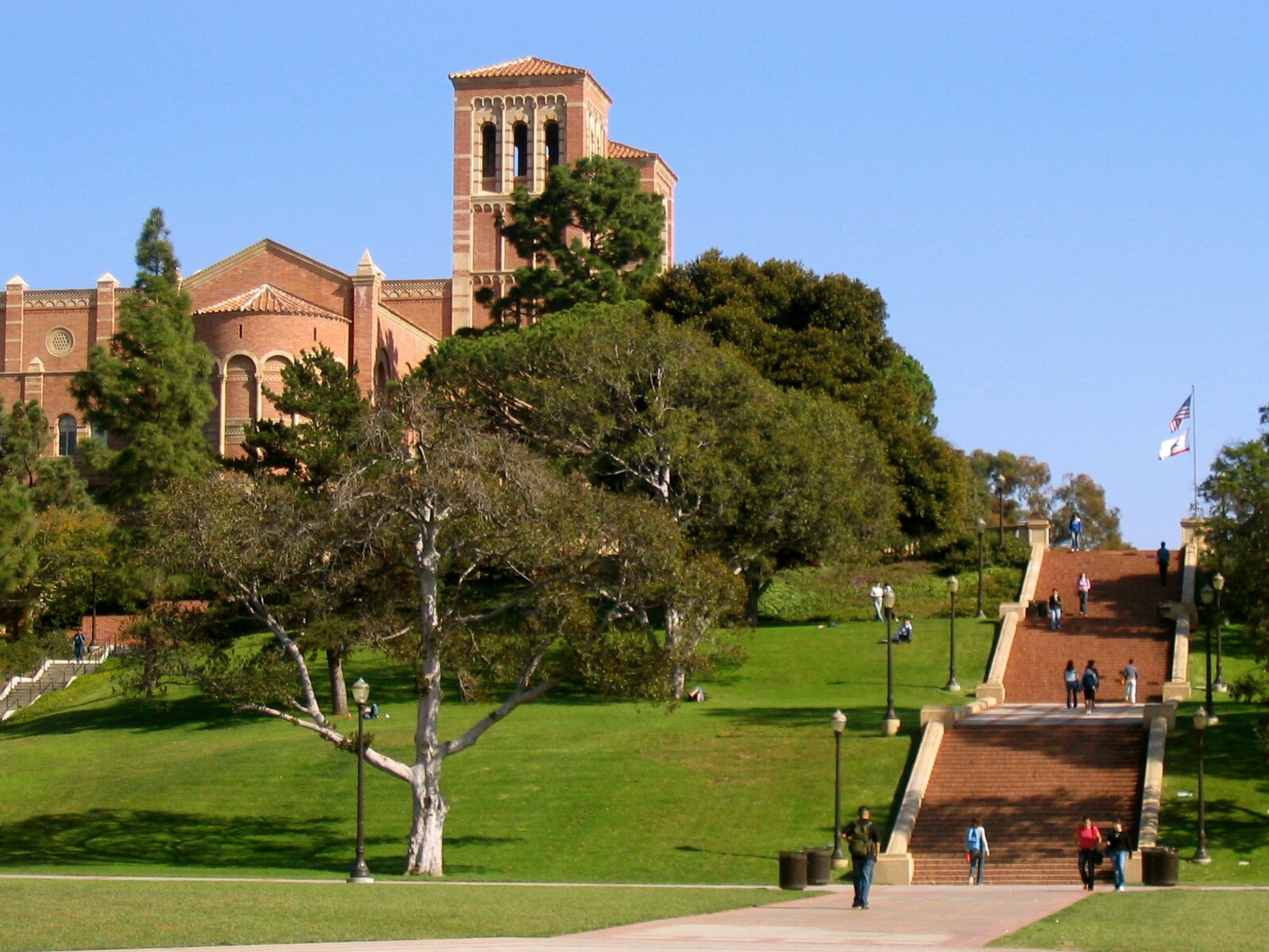
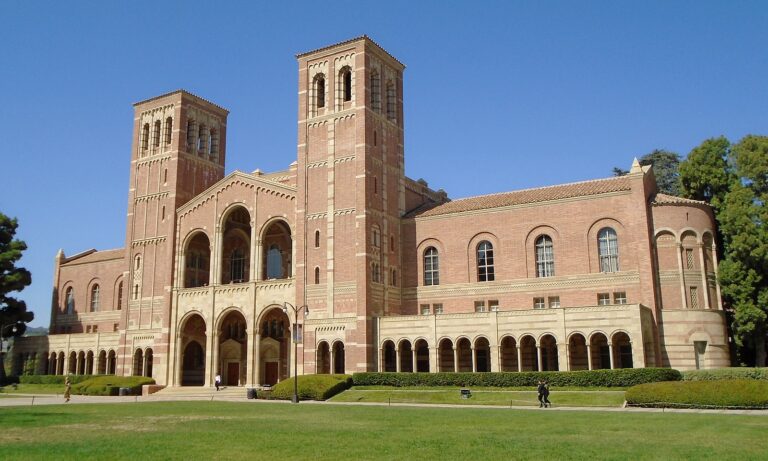

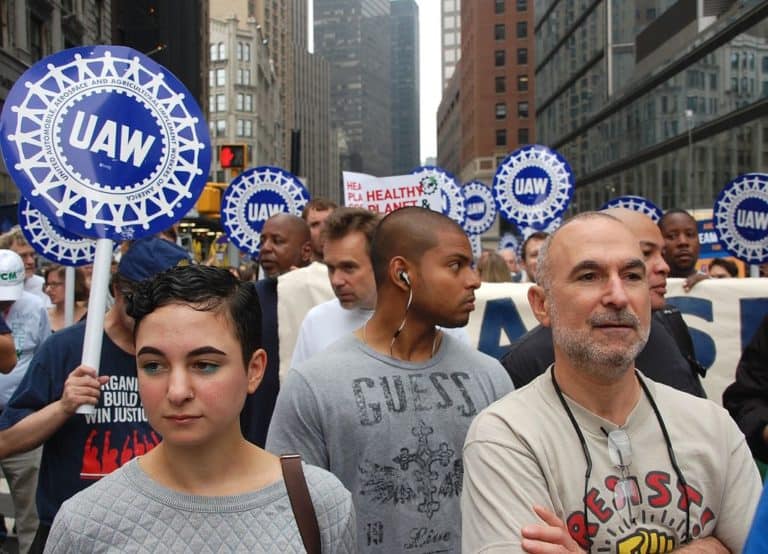



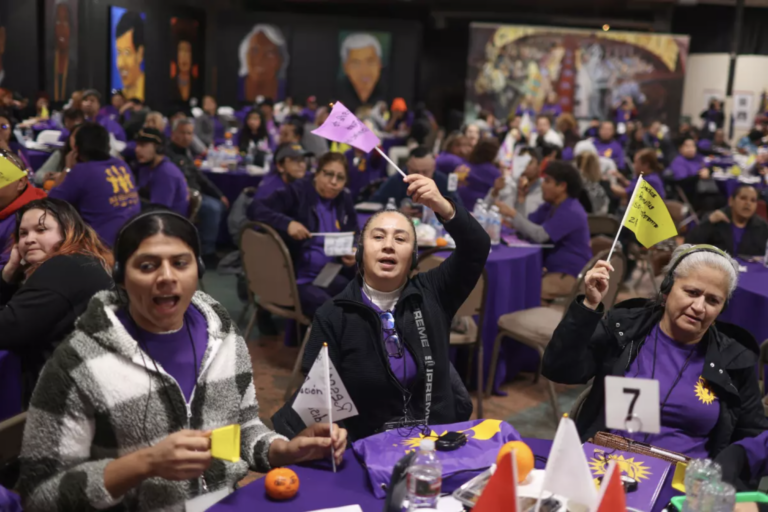
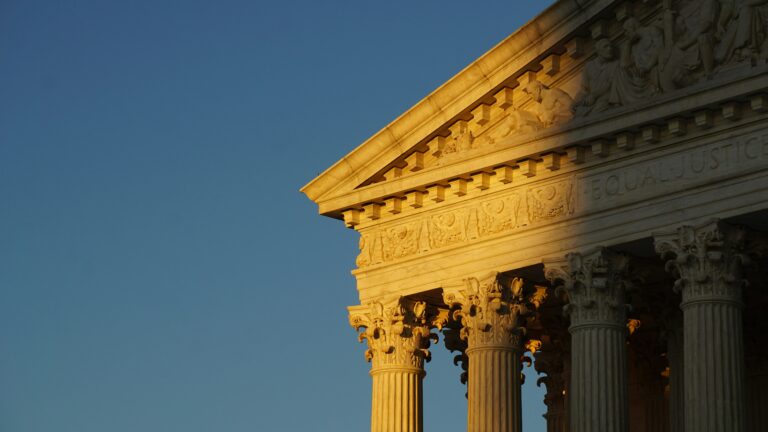
Daily News & Commentary
Start your day with our roundup of the latest labor developments. See all
June 27
The economy and immigration expected to play a central role in the upcoming presidential debate and Washington gets involved in AI regulation of the entertainment industry.
June 26
California judge fines companies for child labor violations; IATSE reaches tentative deal with studios; Texas judge likely to block Biden Administration's overtime rule
June 25
Supreme Court grants petition to hear a case on the scope of ADA standing; Texas federal district court blocks DOL rule expanding wage requirements for construction contractors, and South Korean Hyundai workers authorize strike.
June 24
Workers across the country face extreme heat exposure with minimal government protections; Utility Workers Union of America Local 1-2 reaches a tentative agreement with Con Edison narrowly avoiding a strike; the Tenth Circuit grants a continuation of a freeze on a wage increase for some federal contractors
June 23
Teamsters president will speak at RNC; Supreme Court weighs in on overtime exemptions; Honda faces ULP allegations.
June 21
The Amazon Labor Union voted to affiliate with the Teamsters; a Pennsylvania jury was unable to decide Uber Black drivers are employees; a recent article questioned the legality of southern governors’ anti-union activities.